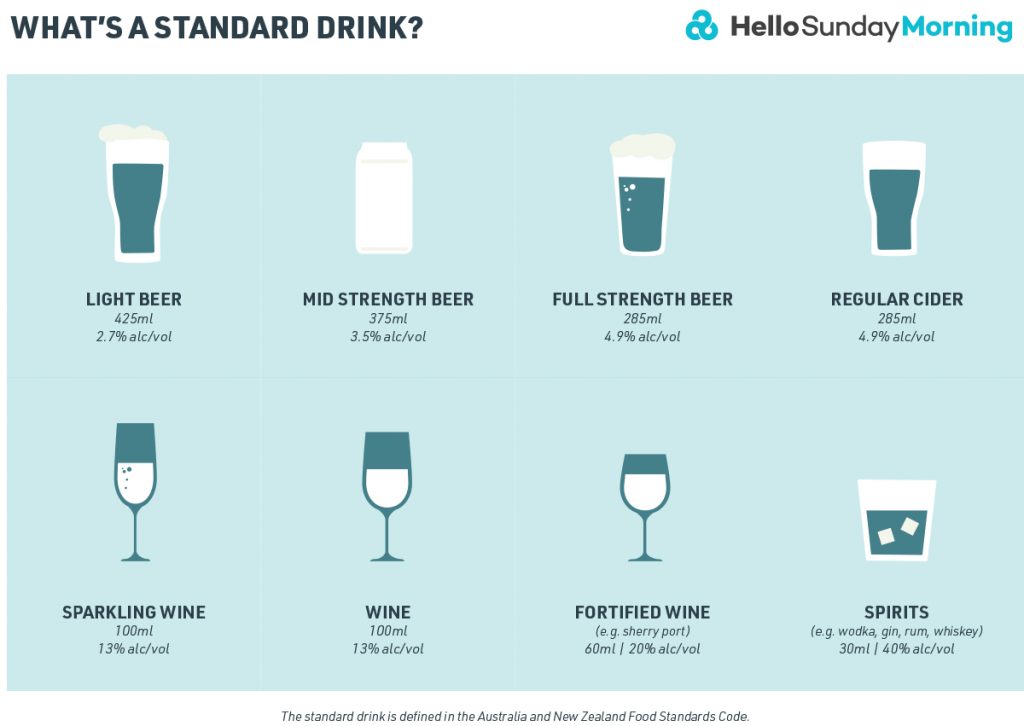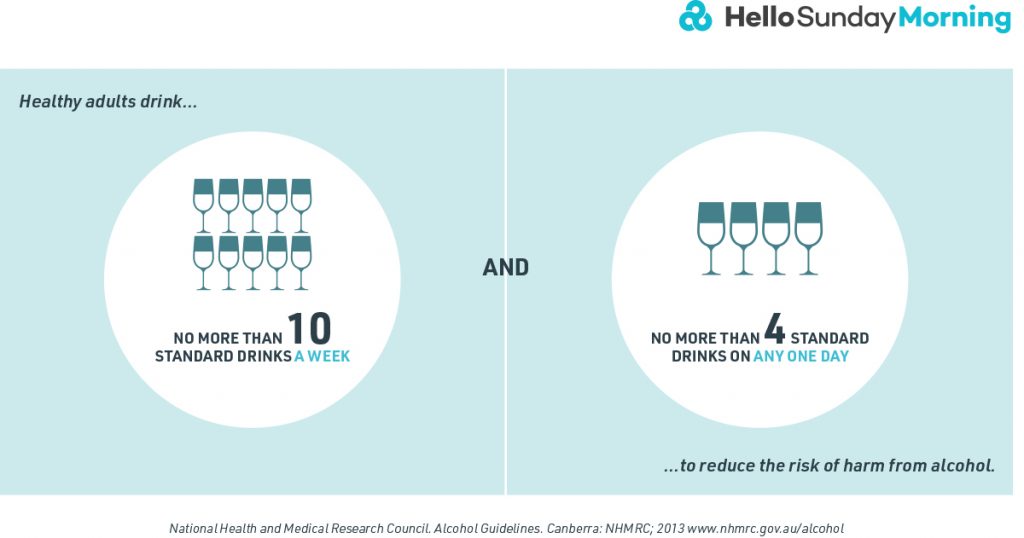Whether it is in July, January or February, a month off alcohol is a good way to reset your drinking. If you have been contemplating taking on an abstinence path, 4 weeks without alcohol might be a good place to dip your toes into sobriety. There are things to note and things to avoid, few suggestions to be offered and few tips to try. Treat this experience as a window to see what long term abstinence would look like for you.
Before embarking your journey to the dry month, there are few things you need to know first. On this blog, we will explore preparing before the dry month, what to do during the month and what to do after that. And, we include some challenging thoughts for you to ponder upon completing your dry month.
Here’s what you need to know to make your dry month worth the try.
BEFORE – Preparing for the dry month
First and foremost: very, very important – everyone’s relationship with alcohol is different, a sudden withdrawal from alcohol can be dangerous if not careful monitored, particularly for those who consumer unhealthy amounts. Please make sure you speak to your GP and discuss this ahead of time.
While you are at your GP, do a general health check-up. Our health is our treasure, and it can be easy to forget to do regular checking. Depending on your check-up result, you could also incorporate it into your dry month, e.g., setting a target of steps per day, drinking 2 litres of water daily or adding fibre to your diet. Be aware not to over-commit, it is better to establish small and manageable changes for a lasting one.
What do you want to achieve by the end of the month? Understanding your motivation behind this can help you shape what the next 30 days might look like to you.
This will also help you make decisions and take action. For example, you might plan your social events and set boundaries on the types of replacement drinks that suits your needs, or you might work on some strategies that you know can help you get through the month.
On a side note, if you are considering zero proof beer or gin, it might be helpful when making decision that you understand what low to no ABV means (Alcohol by Volume) – see our past FAQs blog about What is de-alcoholisation? Is it really safe to drink zero alcohol beer?
It could look like checking your bank balance and see how much you would typically spend on alcohol per week. Round it up and keep that fund aside to reward yourself for the effort you’ve put in. Get the watch you have been saving up for or the latest gadget you’ve been reading the reviews online. Be mindful not to spend it back on alcohol.
Let your friends and/or family know, ask them to keep you accountable.
It is a good opportunity to do something that gives back to the community, not that removing alcohol in life does not come with rewards but being able to do it for a cause can give you the extra boost or motivation. You’ll be able to look back at the end of the month feeling proud that your decision is not only good for your health, but that you also raised money to help others.
If domestic violence is a cause close to your heart, charities such as Djirra, Bonnie Support Services, White Ribbon Australia or Breathing Space by Communicare are all great places to start.
If it is to help heal and reconcile Indigenous matters, check out charities such as Bridging the Gap, Healing Foundation, or Indigenous Crisis Response & Recovery
You can also donate to HSM (Hello Sunday Morning) reaching out to help more people struggling with their relationship with alcohol. There is a long waiting list for people to get support. It is our aim at Hello Sunday Morning to provide immediate support whenever and wherever it is needed through our app, Daybreak.
DURING – What to expect in the dry month
For some, removing alcohol can bring on other types of cravings. Here is where the initial conversation with your GP could be helpful. If you find your craving for sweet treats has gone through the roof, try to focus on treats that are low in sugar content and less in calorie counts. Every person has a different dietary and health needs so be sure to consult with a health care professional.
There will possibly be hard days to come, even during dry July month. Knowing how you would cope will prepare you to better handle those situations.
When we are at our lowest point, abstaining can feel pointless. Alcohol is often used as a coping mechanism, but the ‘good feel’ won’t last long. Alcohol is known as a depressant which makes hard days even worst.
It is important to look after yourself first, so do something you that you enjoy, that’s good for your wellbeing and does not involve alcohol or other harmful substances. Simple things such as joining online game with friends, preparing or ordering your favourite meals, getting a massage or binge watch TV shows to help you get through the night. A good cry is not a sign of weakness, so don’t hold back! Tears can be quite healing.
Remember: it’s ok not to be ok, and tomorrow is another day. There are some supports available if you experience difficult time, such as Beyond Blue, Relationship Australia or Lifeline. Please know that you don’t have to do it alone.
If you have an exciting celebration coming up that month, be brave and embrace the challenges of staying sober. Stay strong and say ‘no’ to alcohol. We’ve covered many resources about this on our past blogs, you can read them here or learn some tips to take the pressure off telling others and dealing with their responses here.
And remember, the only thing you’ll be missing out on is hangover, which is safe to say that it is a good thing to be missing out on!
Whether you are a sober curious or this is an attempt to seek a better relationship with alcohol, writing down your own experience can give you insights. Take notes on your overall health such as sleep, weights, sugar craving as well as energy and anxiety levels.
How did you relate to others? Did you find social situations to be more difficult, could you engage in a conversation better? Did it add more meaning, or did it feel the same? Did your family and friends notice any difference? Were the comments helpful and encouraging or disheartening?
How about the use of your time, your weekend or your social calendar?
Use these insights to help you understand your own drinking behaviour better and think of how you’d like your relationship with alcohol to look like from now on.
So, you have one or two nights where you drink alcohol again. Don’t let that make you feel like you have failed. After all, a day without alcohol is still a good attempt and worth applauding and slip ups are part of the journey to a better relationship with alcohol. Get back on track and keep going!
AFTER – What’s next?
A trap people often fall into is to compensate for the alcohol they didn’t consume during the dry month by drinking more than ever. Before you know it, a dry month can quickly be followed by a soaking wet month.
Your dry month will give you some insights into the difference between living with and without alcohol, better to stick with the recommended guidelines for standard drinks from then on.
View this guidelines to see what standard drinks are:


What did you learn, what works and what doesn’t? For every experience, there is always a positive take out that you can learn from. Pull out the reflections you did during the time you spent away from alcohol.
Do another health check up and see the difference you have from a month ago. Decide on what healthy habits you’d like to keep.
Now that we looked into what to expect during your dry month, you might want to find out more about taking it further. Why not see if you can stretch it to 3 months? You might surprise yourself along the way. We wrote an article about what happens to our body when we stop drinking for a certain period, keep that in mind as inspiration when considering longer-term sobriety.
In short, giving up alcohol is not easy and there will be things you have to say goodbye to, but the many benefits that comes with sobriety do not disappoint.
All the best with your dry month and we would love to hear how you are going!

2 Comments
Add a commentThanks for the step by step tips. I’ve done dry months in the past, but tend to slip back into daily drinking. I’ll try keeping a journal this time; I think that could be helpful to look back on when I feel myself slipping into old habits.
I also need some tips on how yo do this when your partner is a daily drinker and doesn’t see any need to change their habits.
Perfect timing for me! Today is the first day of 10 weeks of sobriety! I know by the end of it I will be a better person, and I’m looking forward to it!